Nature reports
Page 14 of 42 - 414 Results
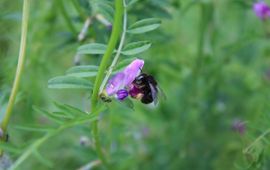
Since 2018, researchers from Wageningen University & Research have been measuring bees and flowers across the Geuldal area of South Limburg to understand how to improve habitat for bees. A recent study shows that across five years..
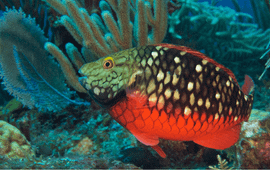
The Protocol for Specially Protected Areas and Wildlife (SPAW Protocol) stands as a crucial framework dedicated to safeguarding biodiversity within the Caribbean. Recent announcements within the SPAW Protocol have extended extra..
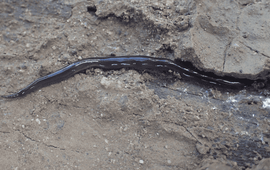
During the relay expedition of Naturalis and STINAPA on Bonaire, the invasive New Guinea flatworm was found in two places. That’s bad news, because it has been listed among the top 100 of the world’s worst invasive alien species..
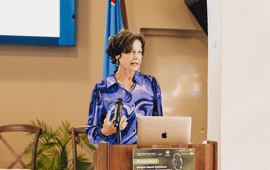
Professor Jacintha Ellers, a keynote speaker at the Dutch Caribbean Nature-Based Solutions Symposium, discussed the evolving nature conservation perspective and the urgent need for eco-centric strategies amid climate challenges...

In the symposium on Nature-Based Solutions for Ecosystem Restoration hosted by the Dutch Caribbean Nature Alliance and Fundacion Parke Nacional Aruba, Dr. Lawrence Jones-Walters of Wageningen University highlighted the NL 2120..
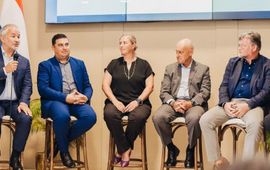
During the Nature-Based Solutions for Ecosystem Restoration Symposium, Arno Verhoeven showcased a number of flourishing Nature-Based Solutions ongoing within the Dutch Caribbean. From community-driven endeavors in St. Eustatius to..
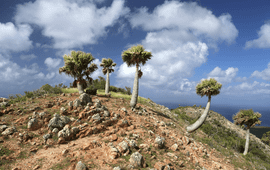
Scientists from CARMABI and Wageningen University and Research made a groundbreaking discovery this week: a previously unknown population of the Curaçao Kabana palm on the eastern slope of the Christoffelberg. These palms are..
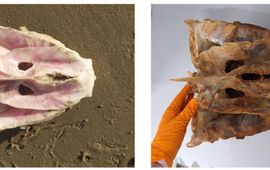
Naturalis' free question service helps young and old to name finds from nature. Each year, we receive about 2,500 questions and this year even more than 3,000. What were the most surprising nature questions of 2023?..
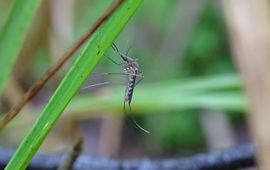
Since the discovery that mosquitoes can transmit diseases, researchers have been interested in their distribution. However, the insect often continues to be a city resident that remains unnoticed. Therefore, researchers have now..
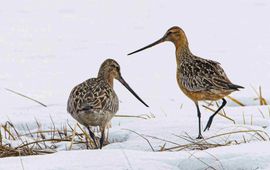
Changing climate may slowly erode the difference between two subspecies of bar-tailed godwits. That warning is voiced by bird researchers from the Royal Netherlands Institute for Sea Research (NIOZ) and the University of Amsterdam..
